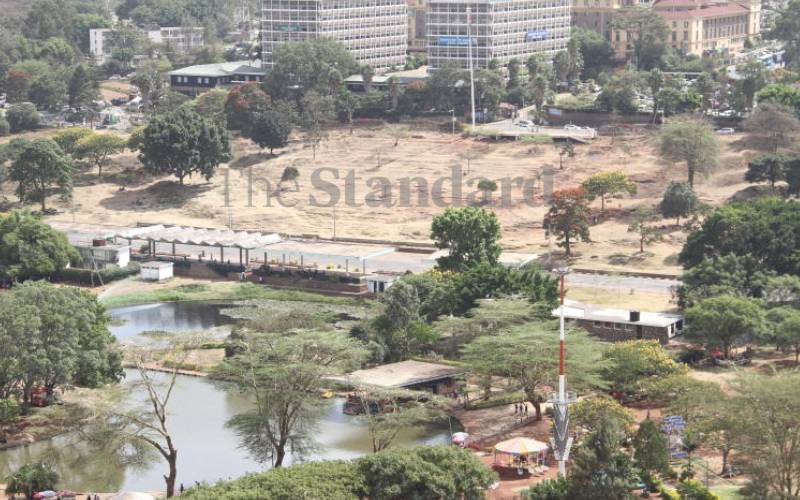×
The Standard e-Paper
Stay Informed, Even Offline

You will soon be prohibited from accessing Uhuru Park and Central Park for at least three months to allow the public spaces to undergo renovation.
This is after the Nairobi county assembly today approved a motion that will see the two parks at the heart of the city get a facelift given their wanting state.